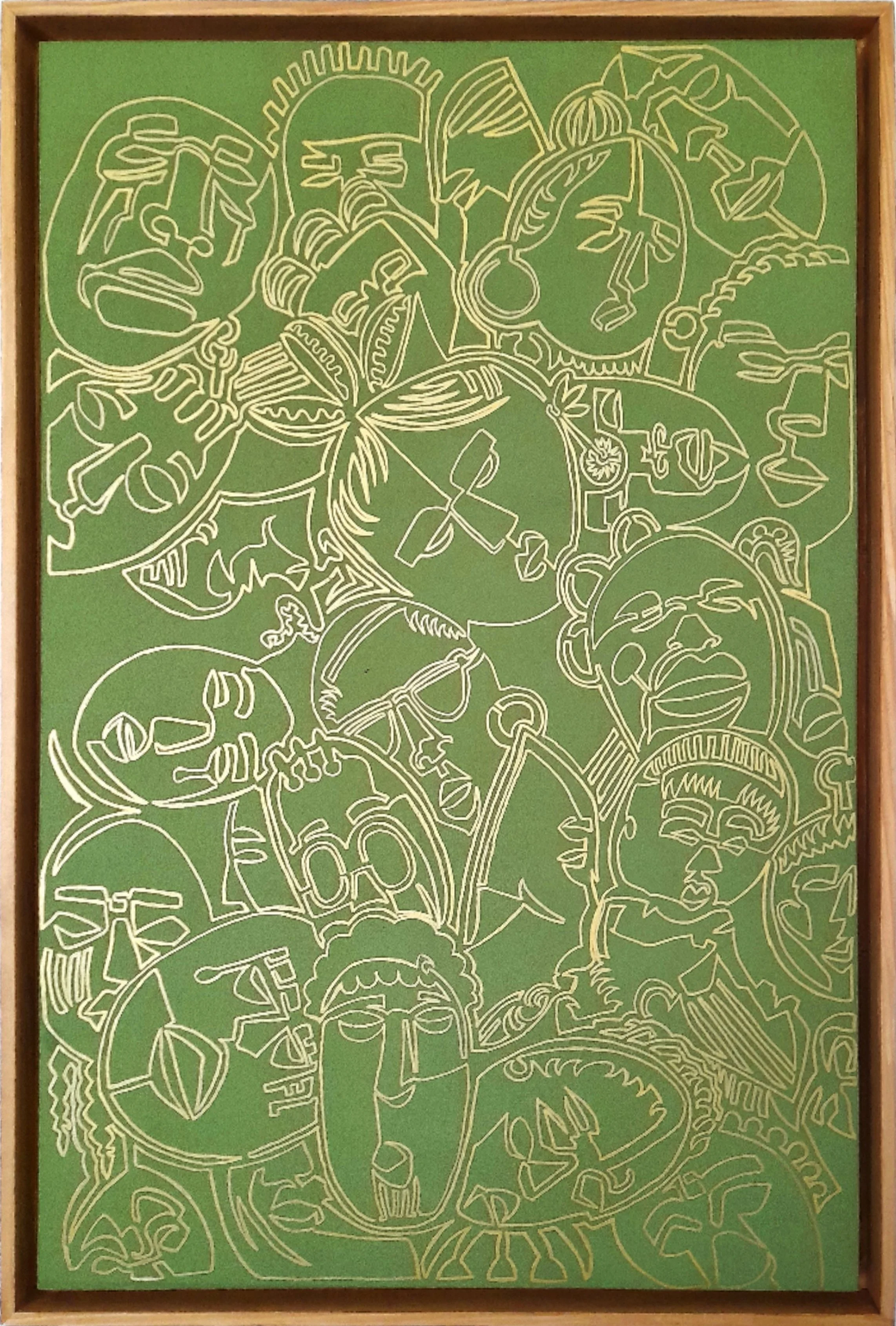Re-Imagining Art Outside of Ontology as Transformation
The current global political climate reflects a resurgence of white supremacy through xenophobic and nationalist regimes, alongside a broader unveiling of modernity’s violent colonial underpinnings. This exposure disrupts the illusion of safety, revealing enduring systems of extraction and oppression that people of color navigate daily. As more communities face these violences, questions emerge about how to divest from white hegemonic logics—questions that are not new, but rooted in the ongoing resistance practices of communities historically marked as ‘other’.
This gathering opens space as a kilombo—a site of collective refusal and imagination—where we explore ways to move beyond heteropatriarchal white dominance toward alternative possibilities. We begin with cities, recognizing their dual role as both tools of hegemonic violence and fertile grounds for resistance and transformation. Cities like Évora serve as crucial spaces shaped by colonial and counter-archival narratives, and communities within them enact powerful counter-narratives through art, academia, and social action.
We focus on Évora as a kilombo, drawing from the Kimbundu word kilombo (war camp), once used by Portuguese colonizers to describe African communities that resisted enslavement. Reimagining Évora in this way challenges its dominant representation—especially UNESCO’s Roman framing—and highlights its deep African and Moorish influences. Through the work of Évora NAU and Transformative Arts, the city becomes a living site of diasporic memory, storytelling, visual art, and performance—linking historical marronage to contemporary cultural survival.
This symposium invites participants to think with Évora and its communities, peeling back colonial layers and highlighting the tensions between forgetting and remembering. It seeks to reframe Évora as an archway for new ways of knowing cities and ourselves—opening toward pluriversality and collective learning.
We ground our work in the following questions:
How might we understand cities as kilombo as sites of marronage?
What are some of the ways urban communities can refute contemporary xenophobic trends?
How is a kilombo structured and supported by the arts?
How and when does art create pathways to other worlds?
How does/can art make visible spaces and worlds that we are unaware of?
We invite you to join us in recharting Évora as a model for quilombo-thinking—through listening, creating, and sharing across the Diaspora. Together, we explore the cultural and political power of gathering as an act of freedom-making and resistance.
Moniz, Jackson. Infinitely Us, 2024. 126 x 86 cm. Gold marker on canvas. Wood frame.
Contact us
Interested in working together? Fill out some info and we will be in touch shortly. We can’t wait to hear from you!

